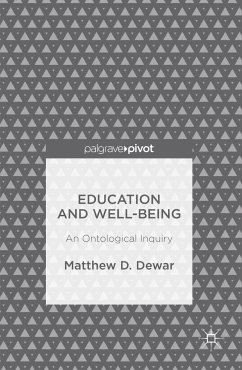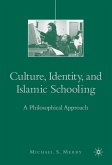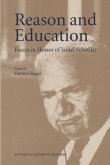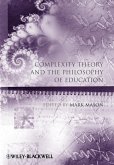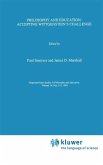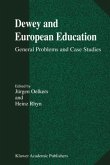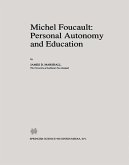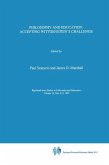This book explores how contemporary educational research and curriculum occlude the vital
and enduring relationship between education and well-being. Beginning with the consequences
of the reductive tendencies of educational research and moving through the consequences
of the technical and instrumental tendencies of curriculum, this book
challenges how contemporary education as a whole reduces human beings to
"things" and funnels and stamps them according to predetermined knowledge forms
representative of the dominant socioeconomic ideology. Through a philosophical
exploration of original conceptions of education and well-being, this book
attempts to recover an understanding of education that embodies how we learn to
uncover and relate to our own possibilities for a more meaningful life which is
a life of well-being.
This book explores how contemporary educational research and curriculum occlude the vital and enduring relationship between education and well-being. Beginning with the consequences of the reductive tendencies of educational research and moving through the consequences of the technical and instrumental tendencies of curriculum, this book challenges how contemporary education as a whole reduces human beings to "things" and funnels them according to predetermined knowledge forms representative of the dominant socioeconomic ideology. Through a philosophical exploration of original conceptions of education and well-being, this book attempts to recover an understanding of education that embodies how we learn to uncover and relate to our own possibilities for a more meaningful life which is a life of well-being.
and enduring relationship between education and well-being. Beginning with the consequences
of the reductive tendencies of educational research and moving through the consequences
of the technical and instrumental tendencies of curriculum, this book
challenges how contemporary education as a whole reduces human beings to
"things" and funnels and stamps them according to predetermined knowledge forms
representative of the dominant socioeconomic ideology. Through a philosophical
exploration of original conceptions of education and well-being, this book
attempts to recover an understanding of education that embodies how we learn to
uncover and relate to our own possibilities for a more meaningful life which is
a life of well-being.
This book explores how contemporary educational research and curriculum occlude the vital and enduring relationship between education and well-being. Beginning with the consequences of the reductive tendencies of educational research and moving through the consequences of the technical and instrumental tendencies of curriculum, this book challenges how contemporary education as a whole reduces human beings to "things" and funnels them according to predetermined knowledge forms representative of the dominant socioeconomic ideology. Through a philosophical exploration of original conceptions of education and well-being, this book attempts to recover an understanding of education that embodies how we learn to uncover and relate to our own possibilities for a more meaningful life which is a life of well-being.

